PARADIGMS FOR CONTROL IN SOCIAL SYSTEMS
@ International Conference on Computational Science (ICCS) 2015
Jun 1-3 2015
Reykjavík, Iceland
http://networkdynamics.org/events/iccs2015_control/http://networkdynamics.org/events/iccs2015_control/
While the control of complex networks has recently emerged as an active area of research, the notion of control remains relatively undefined for social and economic systems. For example, what does it mean to control a co-purchase network, a web of trust, or an interbanking loan system? In this workshop, we invite researchers to explore what control means in such inherently social systems and how these notions of control can either be quantitatively modeled using existing techniques or necessitate the development of new modeling approaches.
We seek original submissions aimed at exploring challenges in the control of social systems, including:
* Case studies of control in social systems
* Formalizing objectives in social systems as control problems
* Models of dynamics and control in social systems
* Relationships between control mechanisms from different social systems
The organizers hope to engage a broad group of researchers to nucleate a discussion on understanding control in the context of social, economic, and business systems. Papers should be original, but can take the form of mini-survey papers or position papers on these topics. Travel support is available for some selected papers.
We aim to make this workshop hands on, with breakout sessions to delve into specific research questions and agendas.
Accepted papers will be included in the open-access Procedia Computer Science series.
Submission Instructions
Papers are limited to 10 pages with a deadline of January 22, 2015.
Submissions will be made through the ICCS 2015 EasyChair system.
 CFP_ParadigmsSocialControl-1.pdf
CFP_ParadigmsSocialControl-1.pdf

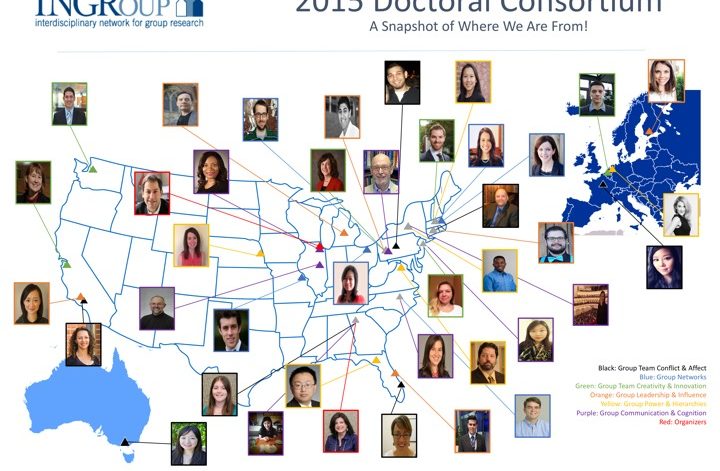
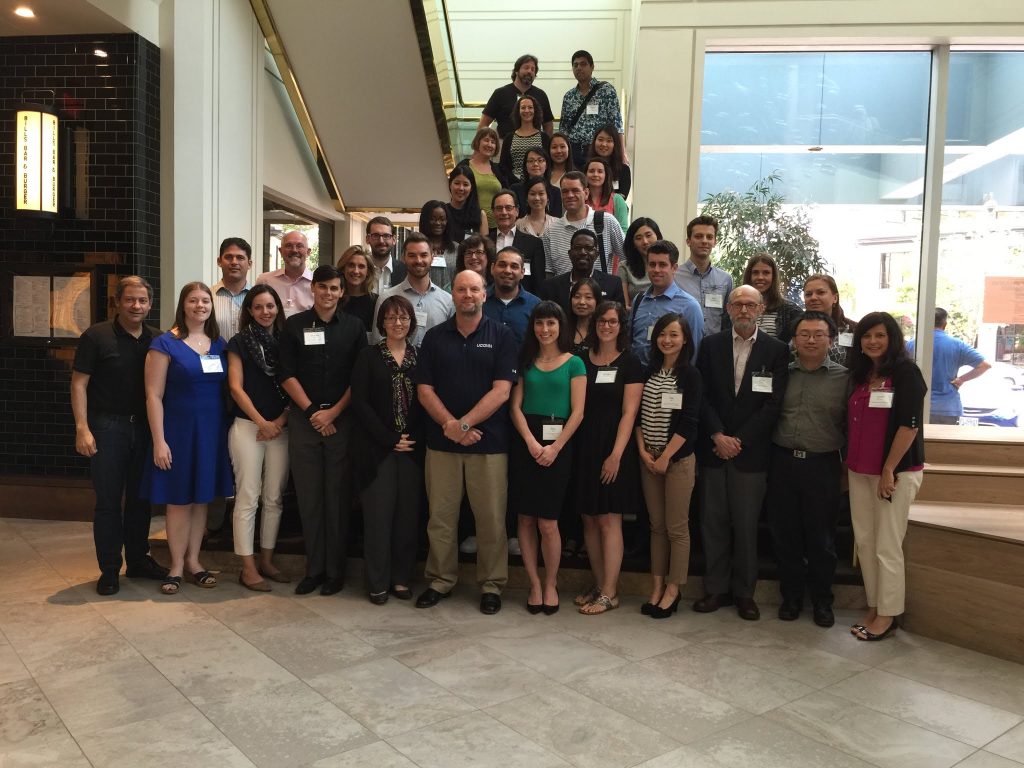
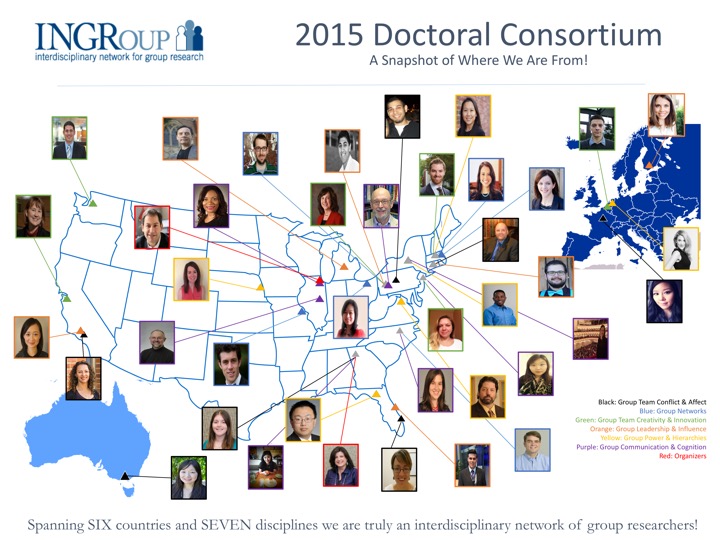


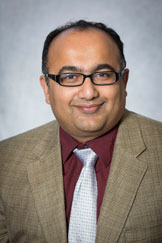
 SONIC Lab is proud to welcome Prasad Balkundi, who will present a talk on Thursday, May 7th, 2015 at 2:00 PM in the SONIC Lab in the Frances Searle Building 1-459. All are welcome to attend. To schedule a one-on-one meeting with Professor Balkundi please schedule a time
SONIC Lab is proud to welcome Prasad Balkundi, who will present a talk on Thursday, May 7th, 2015 at 2:00 PM in the SONIC Lab in the Frances Searle Building 1-459. All are welcome to attend. To schedule a one-on-one meeting with Professor Balkundi please schedule a time  SONIC Lab is proud to welcome Balazs Vedres, who will present a talk on Wednesday, April 22nd, 2015 at 10:00 AM in the SONIC Lab in the Frances Searle Building 1-459. All are welcome to attend. To schedule a one-on-one meeting with Professor Vedres please schedule a time
SONIC Lab is proud to welcome Balazs Vedres, who will present a talk on Wednesday, April 22nd, 2015 at 10:00 AM in the SONIC Lab in the Frances Searle Building 1-459. All are welcome to attend. To schedule a one-on-one meeting with Professor Vedres please schedule a time  SONIC Lab is proud to welcome Libby Hemphill, who will present a talk on Thursday, April 16th, 2015 at 2:00 PM in the SONIC Lab in the Frances Searle Building 1-459. All are welcome to attend. To schedule a one-on-one meeting with Professor Hemphill please schedule a time
SONIC Lab is proud to welcome Libby Hemphill, who will present a talk on Thursday, April 16th, 2015 at 2:00 PM in the SONIC Lab in the Frances Searle Building 1-459. All are welcome to attend. To schedule a one-on-one meeting with Professor Hemphill please schedule a time 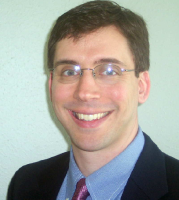 SONIC Lab is proud to welcome
SONIC Lab is proud to welcome 